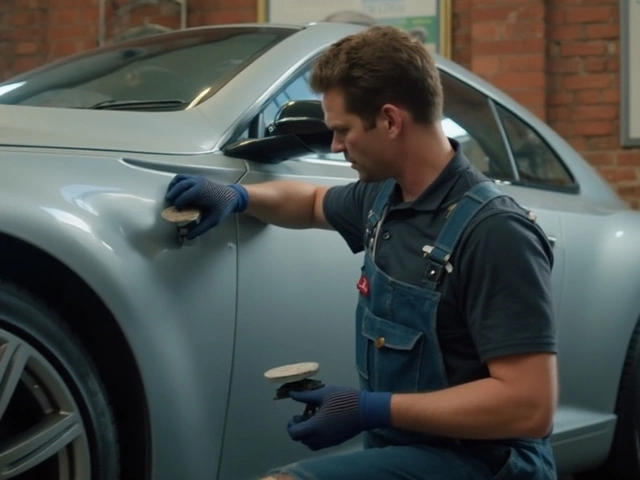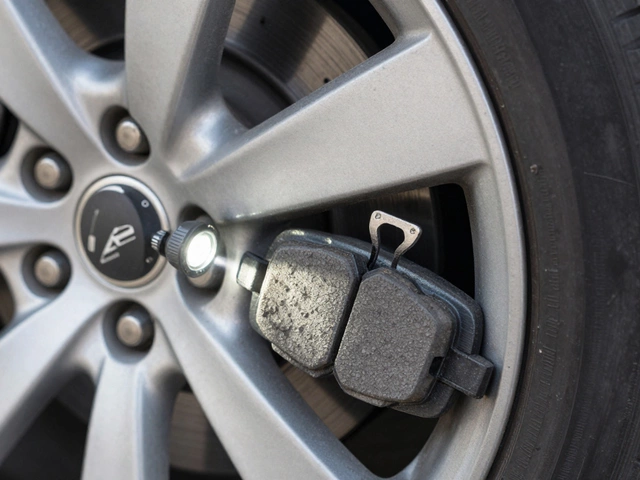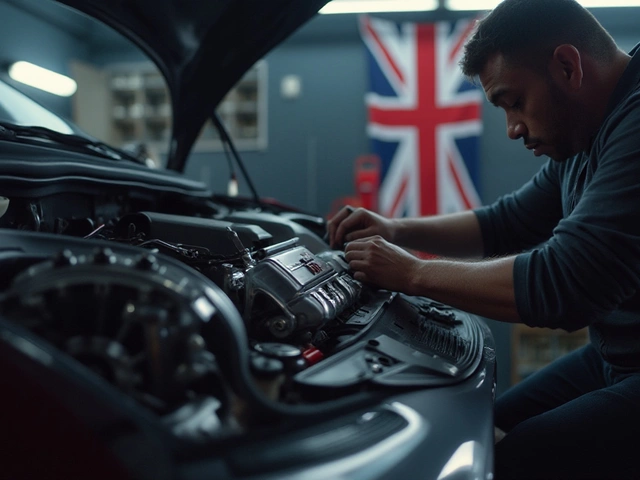Spark Plug Types Explained – Find the Right One for Your Car
If you’ve ever wondered why there are so many spark plugs on the market, you’re not alone. The right plug can keep your engine running smooth, improve fuel use, and stop misfires. Below we break down the most common types, what makes each one unique, and how to know which matches your ride.
Common Spark Plug Types
Most drivers will see three names: copper, iridium, and platinum. Copper plugs are the oldest design. They have a solid copper core, good conductivity, and a lower price tag. The downside is they wear out faster, usually in 20‑30 k miles.
Platinum plugs add a thin layer of platinum on the tip. That layer reduces wear, so they often last 40‑60 k miles. They’re a bit pricier than copper but still affordable for most budgets.
Iridium plugs take the idea a step further. A tiny iridium tip burns hotter and lasts longer—often 80‑100 k miles. Because the tip is so small, the spark is more focused, which can improve start‑up and throttle response. They cost the most, but many owners consider the longer life worth it.
There’s also a hybrid version called platinum‑iridium. It mixes a platinum disk with an iridium tip, aiming to give a balance of price and durability. You’ll find it on many newer cars that recommend a longer‑life plug.
Choosing the Right Plug for Your Engine
First, check your owner’s manual. Manufacturers usually list the exact plug heat range and design they tested with. Using the recommended type helps keep warranty claims safe.
If you drive a high‑performance car or do a lot of spirited driving, an iridium or platinum‑iridium plug can give a tighter spark and better power. For a daily commuter that racks up low mileage, copper plugs may be enough and save you money.
Another factor is the spark plug gap. Modern plugs often come pre‑gapped, but some engines need a specific setting. A simple feel‑er gauge can adjust the gap in seconds.
When it’s time to replace, look at the electrode wear. If the tip is rounded or the metal looks burnt, swap it out. A quick visual check can save you a costly misfire later.
Finally, consider the cost‑to‑benefit ratio. If you’re already planning a service, picking a plug that lasts double the mileage can cut future labor costs. Many shops offer a plug‑upgrade package that includes removal, inspection, and fitting.
Bottom line: copper plugs are cheap and work fine for low‑stress driving; platinum plugs give longer life for a modest price increase; iridium plugs deliver the longest life and best performance but at a premium. Match the plug to your driving style, budget, and what your car’s manual advises, and you’ll keep the engine happy.
 25 September 2025
25 September 2025
Do New Spark Plugs Really Boost Engine Performance?
Find out if swapping out spark plugs can noticeably improve power, fuel economy and throttle response, and learn which plug type suits your engine best.
Tags
- car maintenance
- engine oil
- spark plugs
- brake pads
- engine performance
- vehicle maintenance
- spark plug replacement
- windshield wipers
- fuel pump
- suspension parts
- clutch replacement
- oil change
- clutch kit
- car performance
- air filters
- car suspension
- car radiator
- exhaust systems
- engine misfire
- fuel pump failure






0